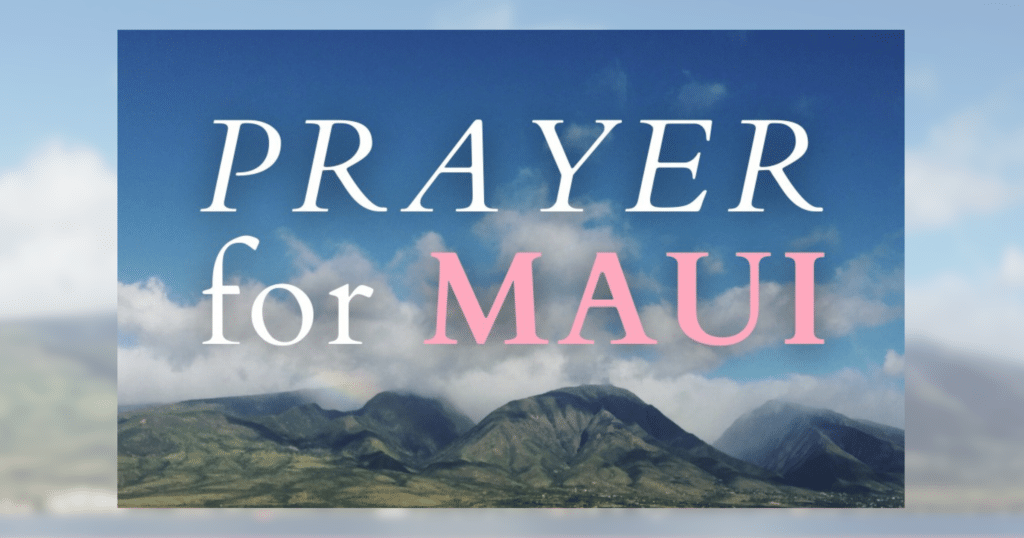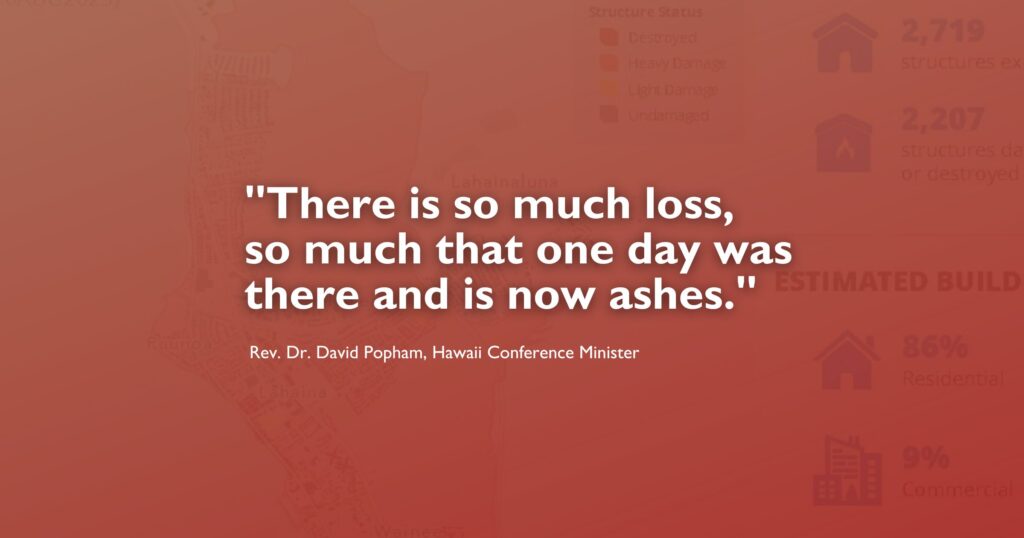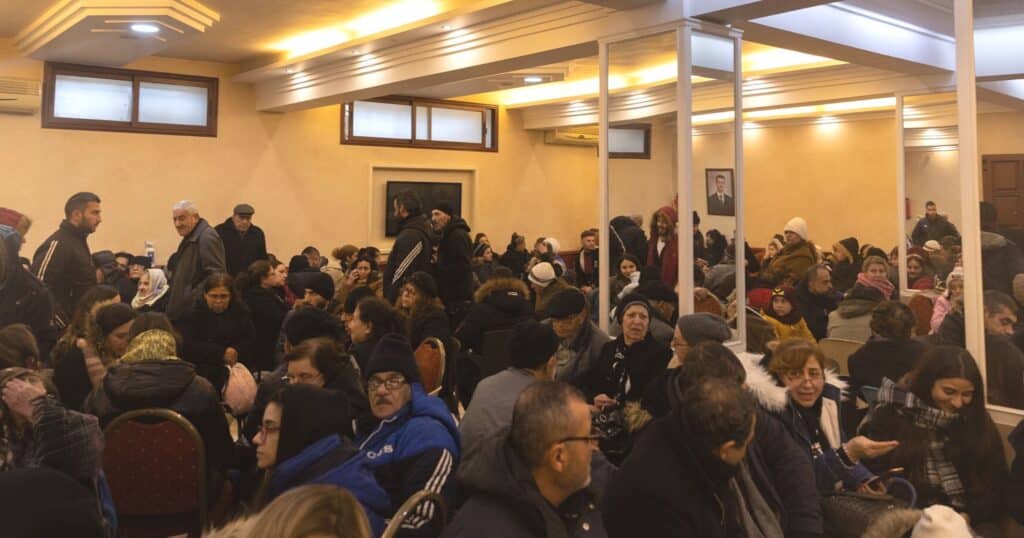Youth Voice: The right and wrong ways to help after a disaster
This guest column is by Myla, 12, a UCC member in Pennsylvania*, based on her research of disaster recovery.
In 1998, Hurricane Mitch killed more than 11,000 people and left more than 1.5 million homeless. Lots of people wanted to help but many did it in the wrong way.
Natural disasters are one thing many people fear. They are harmful and threatening to humans. When natural disasters go to work destroying cities, towns, and villages, people across the world want to help. Natural disasters can do lots of harm, people don’t know how to help, and there is a certain way you should help after a natural disaster.
People think sending food and old clothing could help those who have lost everything but the truth is, the people who are sending those items are just making situations worse.
Natural disasters do a lot of damage. People lose family members, homes get destroyed, and recovery can take more than 10 years. Hurricane Sandy left 650,000 homes destroyed and a couple thousand people lost everything they ever owned.
The worst part about all this is recovery. Recovery doesn’t take a few months like you may think. It takes years. Towns can become destroyed and it is very hard to rebuild cities when they have no money. Organizations can only do so much to help those with nothing.
Some natural disasters, like hurricanes, can bring strong winds and heavy rain, flooding houses and demolishing roads. In the long run, families can go bankrupt thanks to natural disasters and some disasters increase food and gas prices later on. In 2017, natural disasters ended up costing the United States $307 billion, while setting damage records for the hurricanes and wildfires. When people around the world hear about what is going on in other countries, another disaster ends up happening.
People around the world can get overly generous when providing aid to damage-stricken areas. They want to help so much that they give away too much which ends up being a bad thing.
When a natural disaster strikes, the survivors are not alone. Organizations are immediately planning what to do to provide support. Naturally, we are human and we want to help. People start cleaning out their own homes for old clothes, water bottles, food, and anything they can find. All that stuff ends up getting donated. Not good. We need to start thinking before we donating anything.
During one natural disaster, an organization got a phone call. The person on the other end said a plane with supplies was blocked from landing thanks to piles of clothing covering the runway. Neither the organization, nor the person on the other end, had any idea where this clothing had come from but it was not looking good. It wasn’t even just shirts and pants. There was one high-heeled shoe and even a bundle of winter coats. The organization was very confused. It was summer.
People have even donated weird things like prom gowns, wigs, tiger costumes, pumpkins, and frostbite cream. When piles of clothing arrived to Indonesia, the organizations working there did not have time to clean and sort anything so they placed the clothes on the beach. The clothes went toxic – contained mold – so the officials set the pile on fire. It then floated out to sea. All that clothing did not go to anyone. Instead, it went up in flames.
Even water is a problem. 120,000-140,000 liters will provide drinking water for 40,000 people for one day. All that water costs about $300,000 to send. Organizations can use portable water purification units and provide just as much water but it only costs around $300. Most water also stays unused and sending plastic water bottles obviously wastes money. We need to be more careful of what we donate when thinking about helping others during a natural disaster.
When you want to help others in need after they have experienced a natural disaster, money is the best thing to send. Even just a few dollars will do the trick. It’s not about much you donate but about how much love and care went into that donation.
Most people want to send clothes or food and think that it will clothe and feed someone but it does not do that and that is why money is best to send. Money can buy anything.
Maybe one of the reasons people prefer to send items rather that money is because they want their item to actually help others. All money donations help others. Whether it’s providing money for the government to send clean-up supplies, to buy plane tickets for disaster response workers to go and rebuild homes, to provide water for a whole town, or give food to those with none, money will make a big difference. Money can buy things people cannot donate and it can travel across the world faster than any plane full of donations. Money can even buy things for the long term and most organizations can only provide around $30,000 for one disaster. When thinking about helping others after a natural disaster, use money.
When a natural disaster strikes and it does a lot of damage, people want to donate clothing and water but really, they should donate money. Money can do a whole lot of good but sending clothing and water creates another disaster that relief workers have no time for.
When you can’t think of anything to do that would help others, don’t go to your closet and start cleaning, go raise some money to help both the organizations working against those natural disasters and the people who were impacted by the natural disaster.
* Name withheld to protect her privacy.
Related News
Hawai’i Conference offers space for grief, prayer for wildfires
Responding to the tragic wildfires in Hawaii, the Hawai'i Conference of the United Church of...
Read MoreAmid wildfires devastation, UCC makes appeal for Hawaii
The United Church of Christ, through Wider Church Ministries, is issuing a special appeal to...
Read MoreUCC offers prayers, launches appeal to aid Turkey and Syria after earthquake
The United Church of Christ is offering prayers for the region encompassing Turkey and Syria...
Read More

